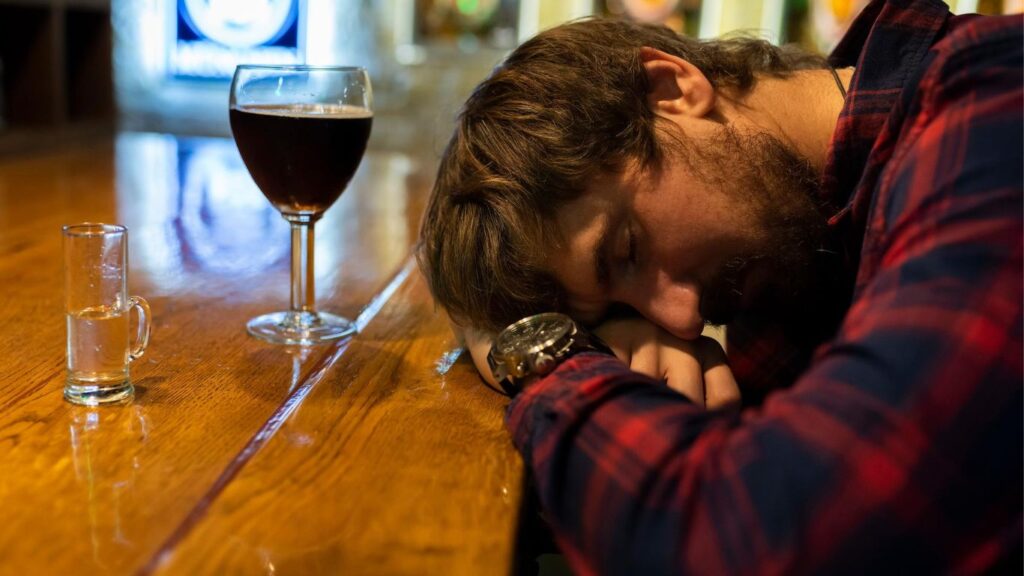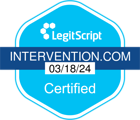As a human being with the unusual job that involves managing substance use interventions with folks, I have seen the devastating impact of alcohol and drugs on people, places, and things – yes all of them. And while fentanyl has received a lot of attention in recent years for its deadly effects, there is another substance that is killing far more people each day, every day in this great nation of ours: ALCOHOL.
The original sin in my Quaker household, where the saying went “I don’t drink, and I don’t chew (tobacco) and I don’t go with girls who do”, alcohol has always been the headline wreaking havoc yet it’s the least talked about these days anyway due to the opioid epidemic and the insane potency of its cousins – like fentanyl.
Legal and readily available, alcohol is the only killer most of us can easily throw in the grocery basket at our local Trader Joes to take home for the kill. For most, who develop an alcohol dependency, they don’t even see it coming as a front seat threat.
According to the Centers for Disease Control and Prevention (CDC), alcohol-related deaths have been on the rise in recent years, with more than 88,000 people dying from booze in the United States in 2020. That’s more than double the # of deaths attributed to fentanyl, which claimed the lives of about 36,000 people in the same span.
Alcohol addiction causes a litany of health problems, including liver disease, heart disease, stroke, and certain types of cancer. That’s all the inside stuff that occurs, without even touching on yet, the falls, the crashes, the trauma and relational damage it wreaks. Not a surprise to anyone but those who have it generally, alcohol alos is a leading trigger for mental health issues such as depression and anxiety.
In addition to its physical and mental health effects, alcohol dependency also carries with it crushing social consequences. It can strain relationships with family and friends, lead to job loss and financial instability, and increase the risk of legal trouble and life behind bars.
Alcohol is one of the greatest thieves of time too – that is the most sacred collateral any of us have, the minutes, hours and years we get to spend seeking out experiences and LIFE.
Despite all these risks, alcohol remains the most socially acceptable and widely consumed substance on the planet. Most people view alcohol use as a harmless way to unwind or socialize, and I find the easiest to minimize in our minds, since the social capital it carries is often sexy and sought after.
We see it reflected in film and TV, music and art as an elixir promoted to make life better. Most families I work with, haven’t realized the dangers of alcoholism until it is the goose is pretty well cooked.
As a national village, we need to do more to normalize the discussion of alcohol addiction and its brutal consequences. This includes increasing access to detox services treatment and support, promoting education and awareness about the risks of alcohol, and implementing policies that discourage drinking.
If we want to reduce the number of deaths caused by substance abuse, we need to recognize that alcohol is just as dangerous as any other addictive substance, and take action to address the root causes of addiction. Hope is dope, but to stand by waiting for our friends and family who over do it with booze, to simmer down on their own, is a failed step.
Hope without action is magical thinking.
I’ve not had a hangover or rough day after, since February 5, 2003.
Figuring this life landscape out has helped me recover a life I’d dreamed of for years, but as my attachment (and yes, dependency) to alcohol increased, my value of life, decreased.

